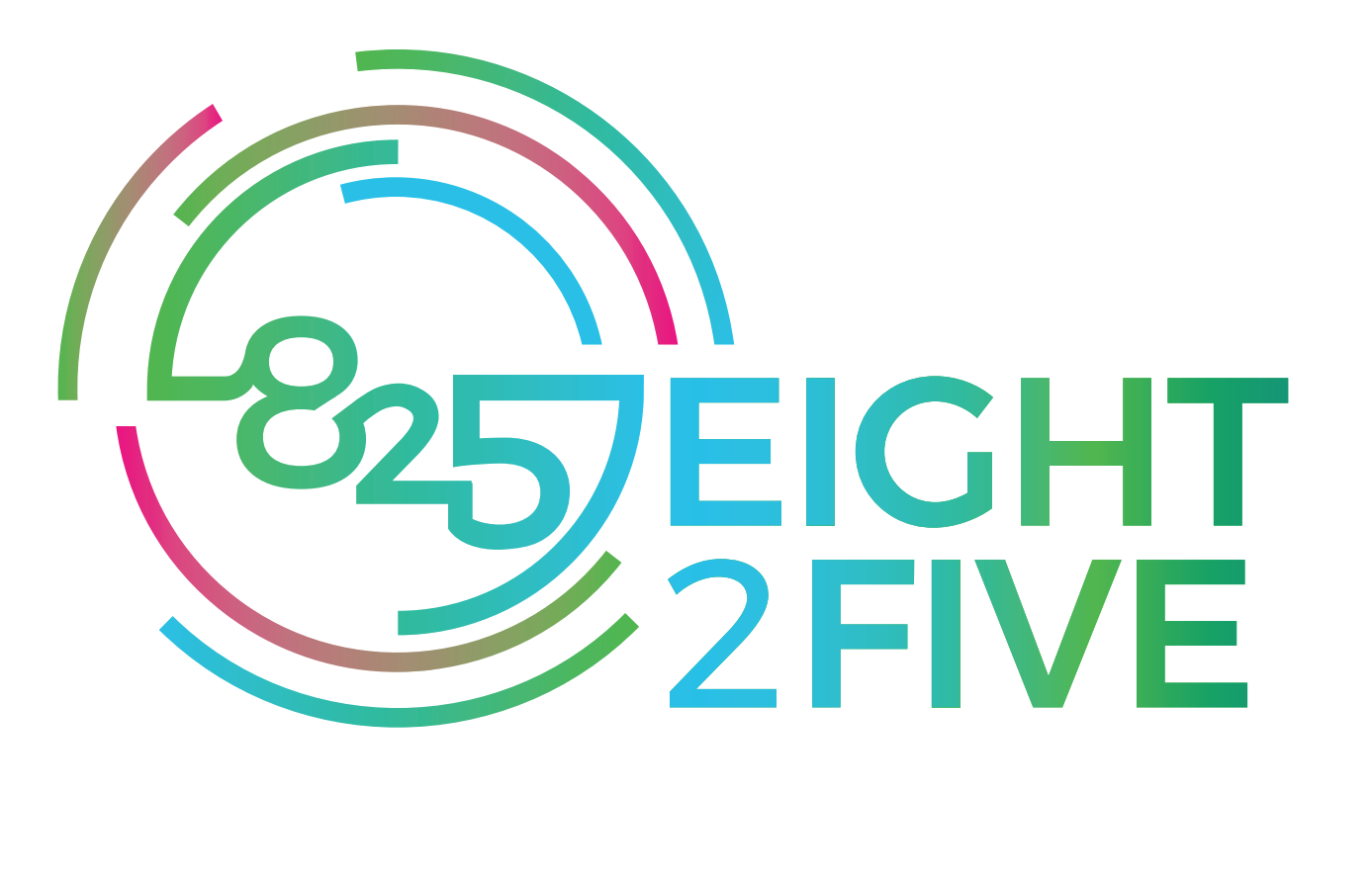If you are looking for funding opportunities, you may have come across the terms startup incubator and startup accelerator. Before pursuing support from either of the two, it’s important to be clear about what exactly these programs can do for you. This should be informed by the level of your startup and the type of business you are running. This article will go through a brief explanation of the two.
Incubator Program
A start-up incubator is a programme created to improve the chances of success for early-stage start-ups through mentoring, financial investment, and possibly other business development support such as office space, and access to technical resources. The aim is to assist entrepreneurs in developing concepts with significant growth potential into tangible goods or services with scalable business models. They also seek to assist business owners with little prior experience in hiring new staff and understanding local laws and regulations. At the end of the program, the startups are expected to be fully equipped to run sustainably on their own.

Incubators come in different themes such as operating very similarly to nonprofit organisations, others provide capital in return for a portion of the equity in participating firms. Others concentrate on companies in a certain industry, such as software or technology, while some incubators serve all startups in their local area.
Accelerator Program
On the other hand, accelerator programmes offer support, funding, mentorship, and other resources to startups that have passed the early stage in order to help them grow into profitable enterprises. Startups that are past the early stage of development can benefit from mentorship, capital investment, and other resources to ensure their long-term viability and success. Accelerator programs are typically either second-stage programmes, which target businesses that have passed the seed programme stage and provide support in the form of networking and other growth opportunities, or seed programmes, which are designed to help startups that have just passed the incubator stage in refining their business plans and developing their fundraising pitches for investors.

In conclusion, while accelerators give early-stage businesses that already have a minimum viable product (MVP) the education, resources, and mentorship needed to accelerate what might otherwise take several slow years of growth into a few short months, startup incubators assist entrepreneurs in refining business ideas and building their company from the ground up. Understanding the prerequisites and advantages of each programme as it is offered is crucial because they may differ.

Eight2Five Innovation Hub periodically runs an incubation program for startups in emerging tech, sustainability, and the creative economy. The program saw the launch of four companies in edutech, e-commerce, fintech, and artificial intelligence. Follow us on Social Media to stay up to date with our programs and events

